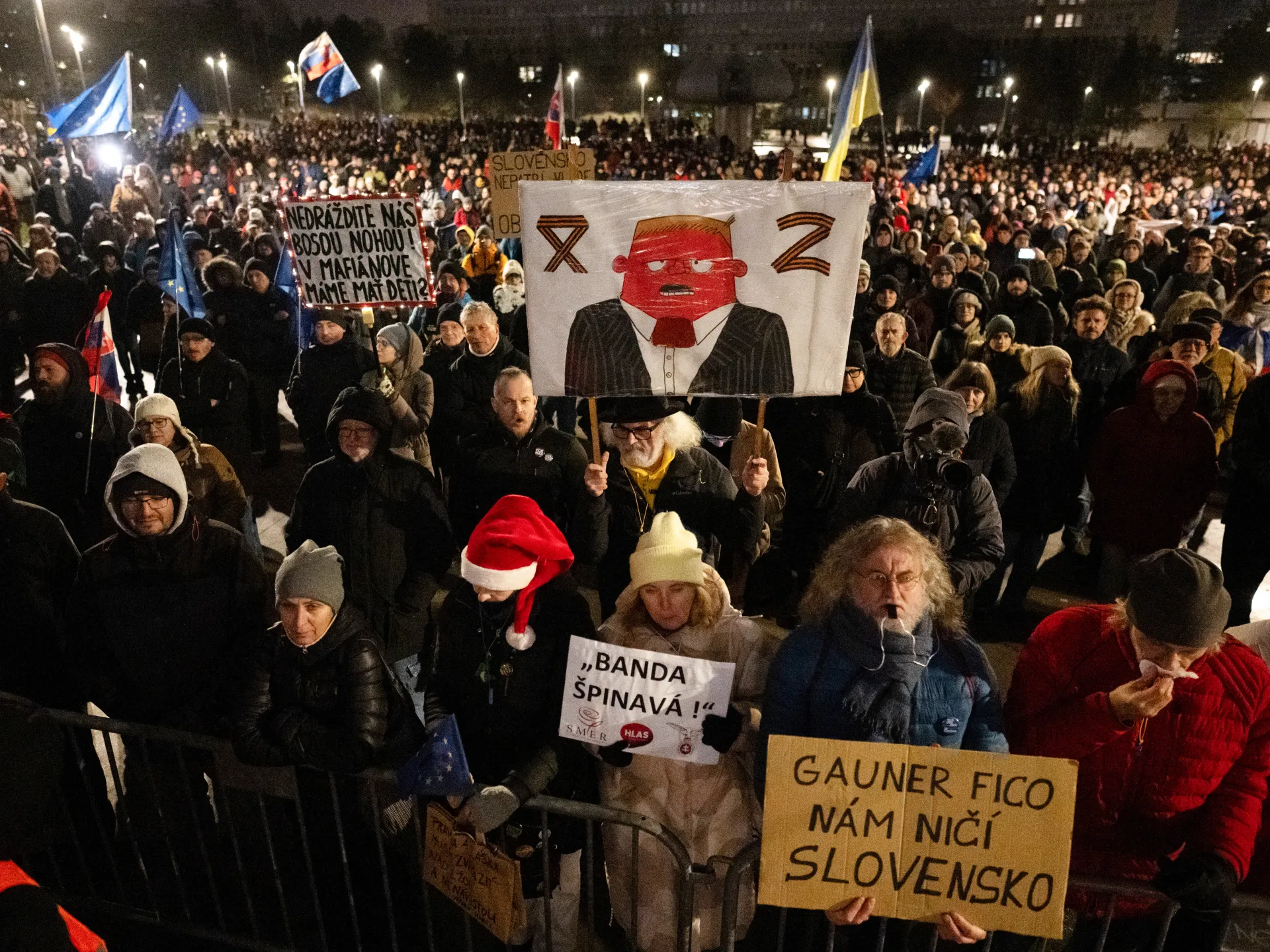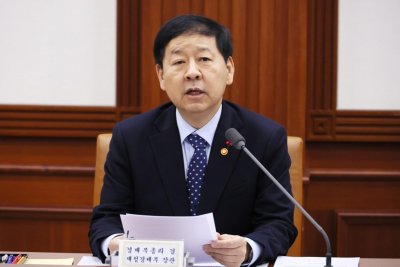S. Korea watchdog inspects Bithumb over ‘ghost coin’ incident

A view of the logo of the leading South Korean cryptocurrency exchange Bithumb in Seoul, South Korea, 21 June 2018. File. Photo by JEON HEON-KYUN / EPA
Feb. 10 (Asia Today) — South Korea’s financial watchdog has launched a formal inspection of cryptocurrency exchange Bithumb following a major accounting error known as the “ghost coin” incident, as authorities scrutinize potential violations of the country’s Virtual Asset User Protection Act.
The Financial Supervisory Service said Tuesday it began deploying inspection staff after notifying Bithumb in advance, upgrading an initial on-site review conducted Friday to a full inspection within three days.
FSS Governor Lee Chan-jin had previously warned that any indication of legal violations during the preliminary review would trigger an immediate inspection.
Inspections by the FSS typically last five to 10 business days, but officials and industry observers said the probe could be extended due to the complexity of the case.
The incident occurred Feb. 6, when Bithumb mistakenly credited 620,000 bitcoin to 249 event winners, an amount valued at about 62 trillion won ($46.6 billion). The error was caused by an employee entering “bitcoin” instead of “won” during the prize payment process.
During the on-site review that began the following day, regulators examined how Bithumb generated and distributed ledger entries amounting to more than 13 times its actual bitcoin holdings, estimated at about 46,000 bitcoin. Authorities are assessing whether this violated provisions of the Virtual Asset User Protection Act requiring virtual asset service providers to hold the same type and quantity of digital assets entrusted by users.
The FSS is expected to focus its inspection on Bithumb’s ledger transaction systems and its bitcoin withdrawal structure.
If violations are confirmed, the watchdog said it will impose strict measures in accordance with relevant laws. It also plans to review other cryptocurrency exchanges to prevent similar incidents, including checks on digital asset reserves and internal control systems, and to order prompt corrective action where deficiencies are found.
Separately, the FSS said it will pursue broader institutional reforms in connection with the second phase of virtual asset legislation. These include introducing strict liability for virtual asset service providers in cases of damage caused by system failures or other technical incidents.
— Reported by Asia Today; translated by UPI
© Asia Today. Unauthorized reproduction or redistribution prohibited.
Original Korean report: https://www.asiatoday.co.kr/kn/view.php?key=20260210010003785





